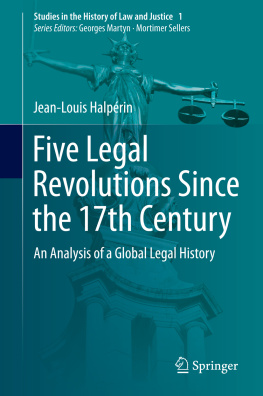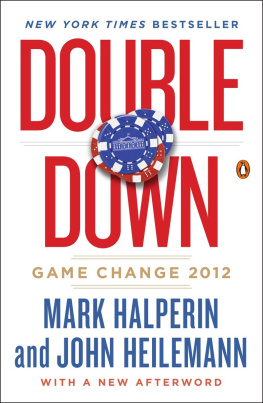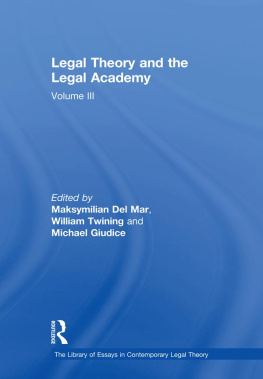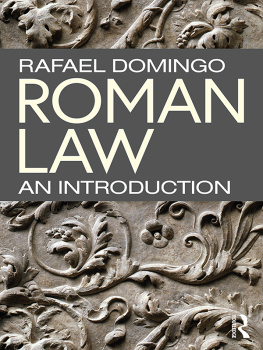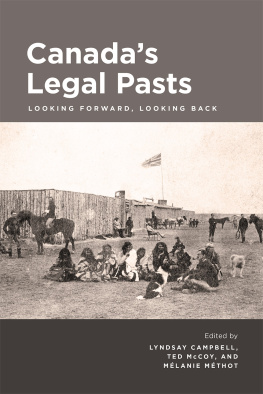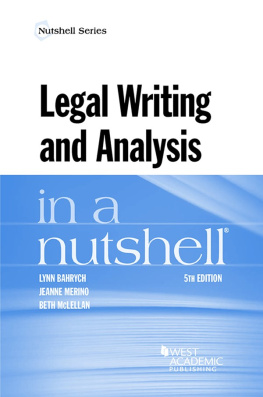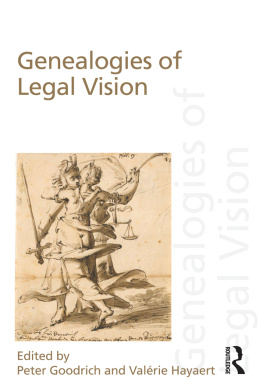Halpérin - Five legal revolutions since the 17th Century : an analysis of a global legal history
Here you can read online Halpérin - Five legal revolutions since the 17th Century : an analysis of a global legal history full text of the book (entire story) in english for free. Download pdf and epub, get meaning, cover and reviews about this ebook. year: 2014, publisher: Springer International Publishing, Cham, genre: Romance novel. Description of the work, (preface) as well as reviews are available. Best literature library LitArk.com created for fans of good reading and offers a wide selection of genres:
Romance novel
Science fiction
Adventure
Detective
Science
History
Home and family
Prose
Art
Politics
Computer
Non-fiction
Religion
Business
Children
Humor
Choose a favorite category and find really read worthwhile books. Enjoy immersion in the world of imagination, feel the emotions of the characters or learn something new for yourself, make an fascinating discovery.
- Book:Five legal revolutions since the 17th Century : an analysis of a global legal history
- Author:
- Publisher:Springer International Publishing, Cham
- Genre:
- Year:2014
- Rating:4 / 5
- Favourites:Add to favourites
- Your mark:
Five legal revolutions since the 17th Century : an analysis of a global legal history: summary, description and annotation
We offer to read an annotation, description, summary or preface (depends on what the author of the book "Five legal revolutions since the 17th Century : an analysis of a global legal history" wrote himself). If you haven't found the necessary information about the book — write in the comments, we will try to find it.
This book presents an analysis of global legal history in Modern times, questioning the effect of political revolutions since the 17th century on the legal field. Readers will discover a non-linear approach to legal history as this work investigates the ways in which law is created. These chapters look at factors in legal revolution such as the role of agents, the policy of applying and publicising legal norms, codification and the orientations of legal writing, and there is a focus on the publicization of law.
The author uses Herbert Harts schemes to conceive law as a human artefact or convention, being the union between primary rules of obligations and secondary rules conferring powers. Here we learn about those secondary rules and the legal construction of the Modern state and we question the extent to which codification and law reporting were likely to revolutionize the legal field.
These chapters examine the hypothesis of a legal revolution that could have concerned many countries in modern times. To begin with, the book considers the legal aspect of the construction of Modern States in the 17th and 18th centuries. It goes on to examine the consequences of the codification movement as a legal revolution before looking at the so-called constitutional revolution, linked with the extension of judicial review in many countries after World War II. Finally, the book enquires into the construction of an EU legal order and international law.
In each of these chapters, the author measures the scope of the change, how the secondary rules are concerned, the role of the professional lawyers and what are the characters of the new configuration of the legal field. This book provokes new debates in legal philosophy about the rule of change and will be of particular interest to researchers in the fields of law, theories of law, legal history, philosophy of law and historians more broadly.
Halpérin: author's other books
Who wrote Five legal revolutions since the 17th Century : an analysis of a global legal history? Find out the surname, the name of the author of the book and a list of all author's works by series.

